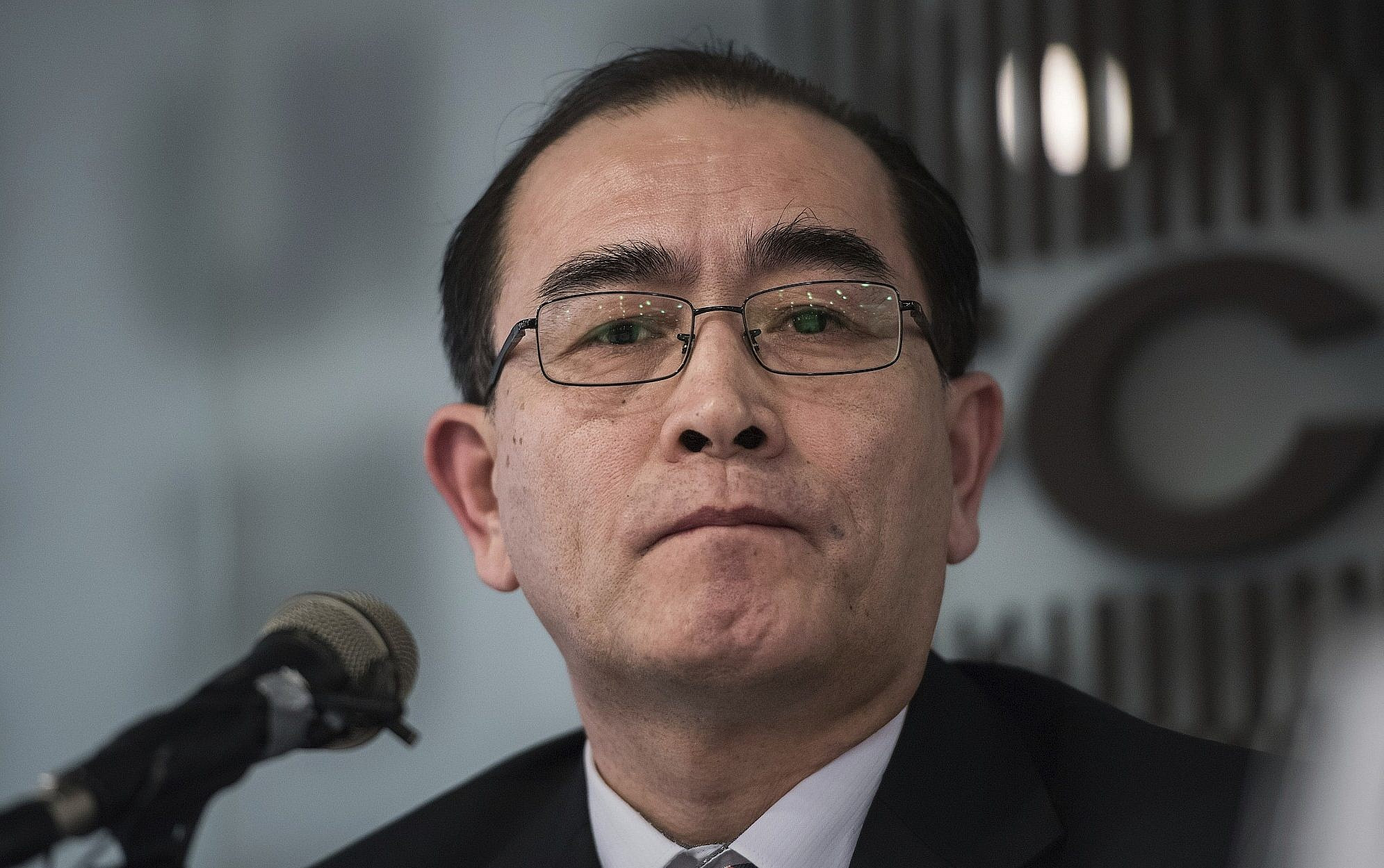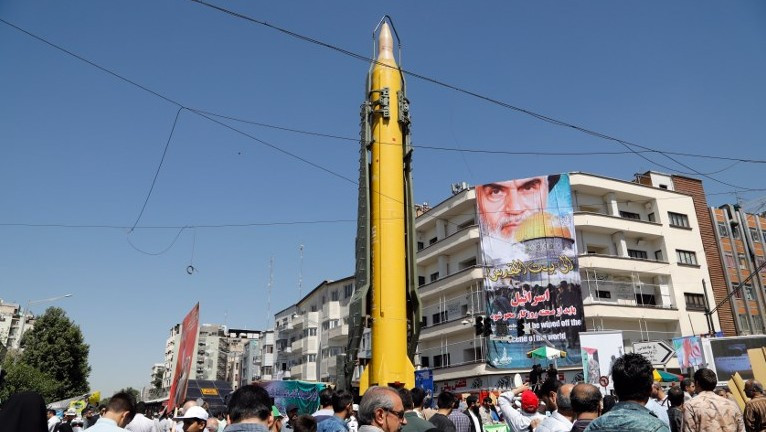North Korea demands Israel pay $1 billion to not sell missile technology to Iran
(Baonghean.vn) - According to a newly published book by the former deputy ambassador of North Korea to the UK, Thae Yong-ho, who defected to South Korea two years ago, at a cafe in Stockholm (Sweden) in 1999, the North Korean ambassador to Sweden offered his Israeli counterpart $1 billion in cash to North Korea in exchange for Pyongyang not selling missile technology to Iran.
 |
| Former North Korean deputy ambassador to the UK, Thae Yong-ho. Photo: AP |
The information was revealed by the Wall Street Journal (WSJ) on July 8. However, Israel did not accept this request from North Korea. Instead, Tel Aviv only offered to provide food aid and the negotiations between the two sides ended without reaching any agreement.
WSJ added that they have not been able to contact the two ambassadors of each country in Sweden who participated in the secret meeting. On the Israeli side is former Ambassador Gideon Ben Ami and on the North Korean side is Mr. Son Mu Sin.
In an interview broadcast on Israeli national television last week, Mr. Ben Ami said he had held a series of meetings with the North Korean ambassador between 1999 and 2002. Mr. Ben Amin said the contacts were initiated by the North Korean side.
 |
| Iran's Shabab-3 long-range missile. Photo: AFP |
The WSJ quoted an expert on North Korean arms deals as saying that Pyongyang has been selling conventional and ballistic weapons to Iran since the early 1980s. Another expert pointed to similarities between Iran's Shahab-3 and Khorramshahr missiles and North Korea's Nodong and Musudan missiles, suggesting cooperation between the two countries.
Information about the secret exchange between Israel and North Korea was revealed at a time when Washington and Pyongyang are stepping up negotiations on ending North Korea's nuclear weapons and missile programs.
Last weekend, US Secretary of State Mike Pompeo visited Pyongyang to discuss related issues. However, North Korea later accused the Trump administration of making unilateral and coercive demands for denuclearization.

